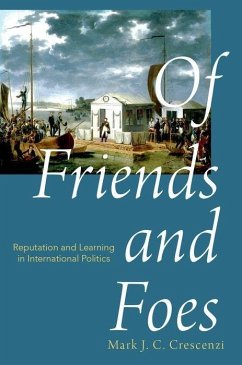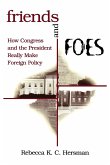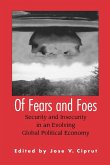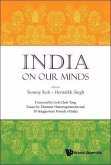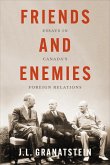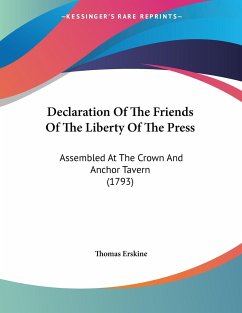How do countries form reputations? Do these reputations affect interstate politics in the global arena? Reputations abound in world politics, but we know little about how state reputations form and how they evolve over time. We frequently use words like trust, credibility, resolve, integrity, risk, known commodity, and brand, to name a few, overlapping with reputation like a Venn diagram. As a result, the concept of reputation often gets stretched or diluted, weakening our ability to ascertain its role in cooperation and conflict. In this book, Crescenzi develops a theory of reputation dynamics to help identify when reputations form in ways that affect world politics, both in the realms of international conflict and cooperation. A reputation for honoring one's obligations in a treaty, for example, can make a state a more attractive ally. A reputation for war and conflict can trigger more of the same, leading to a cycle of violence that exacerbates security challenges. While these processes of cooperation and conflict seem distinct, they are linked by a common use of the information held in each state's reputation. In each case, states use reputational information in an attempt to resolve the uncertainty they face when crafting foreign policy decisions. With this theory in place, Crescenzi uses a blend of historical and empirical analysis to convince the reader that reputations do indeed matter in world politics. Moreover, we are able to identify patterns of reputation's influence in international relations. He demonstrates that over time and across the globe, reputations for conflict exacerbate crises while reputations for cooperation and reliability make future cooperation more likely.
Hinweis: Dieser Artikel kann nur an eine deutsche Lieferadresse ausgeliefert werden.
Hinweis: Dieser Artikel kann nur an eine deutsche Lieferadresse ausgeliefert werden.

